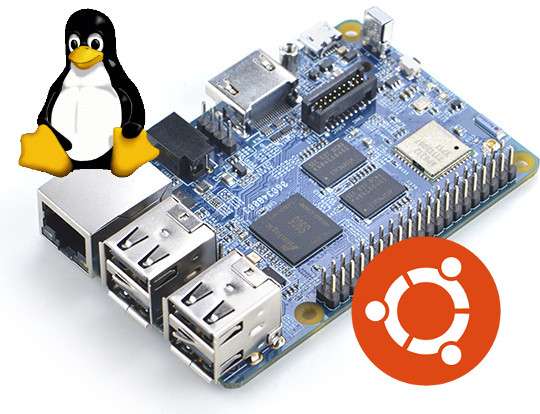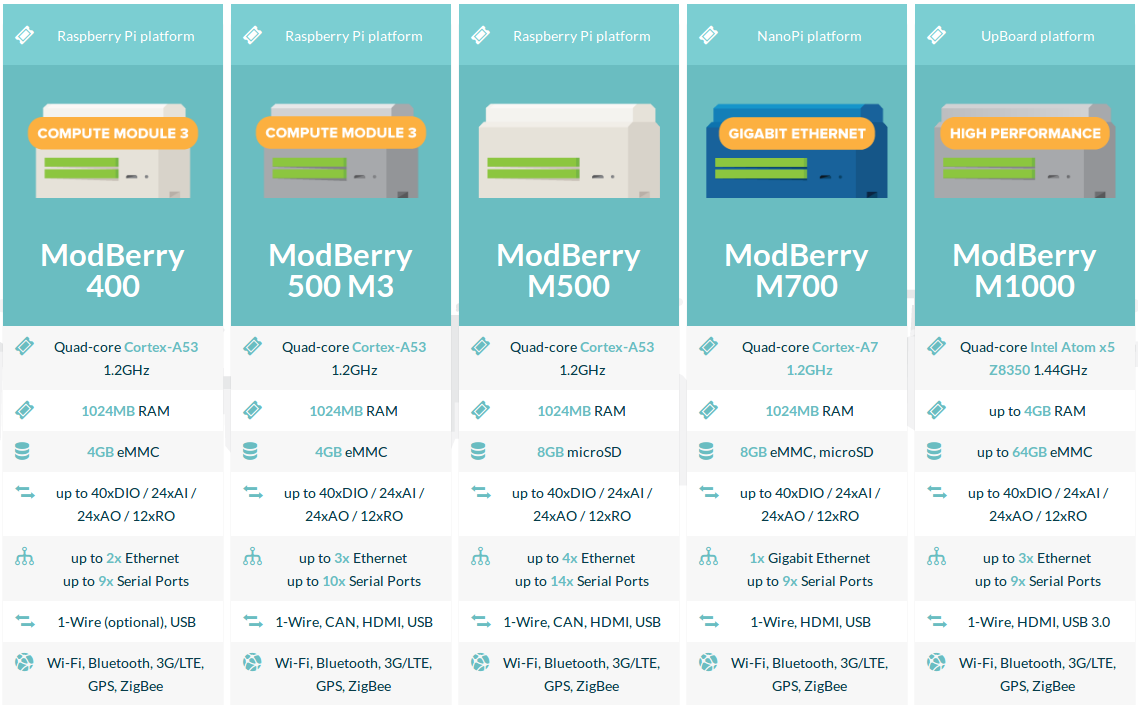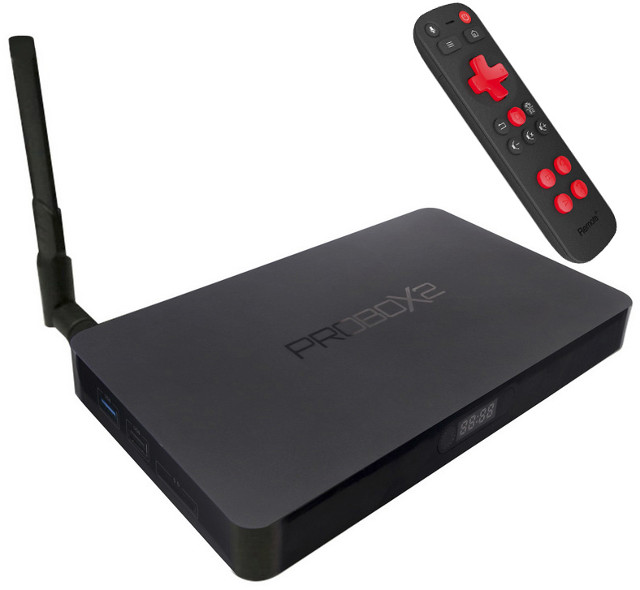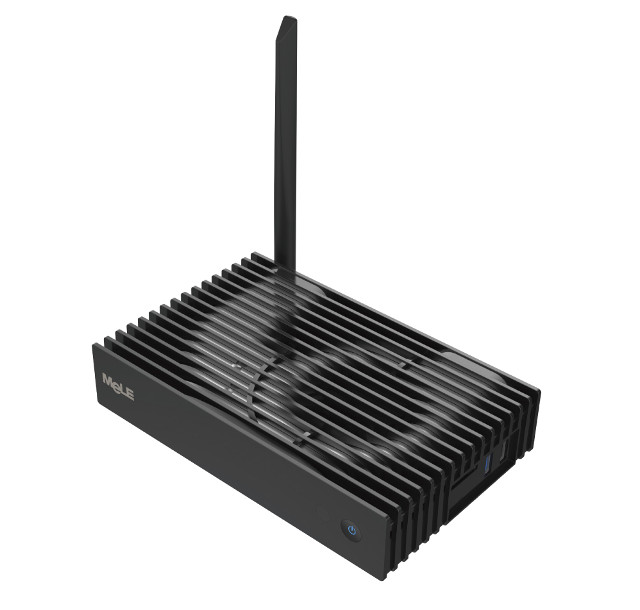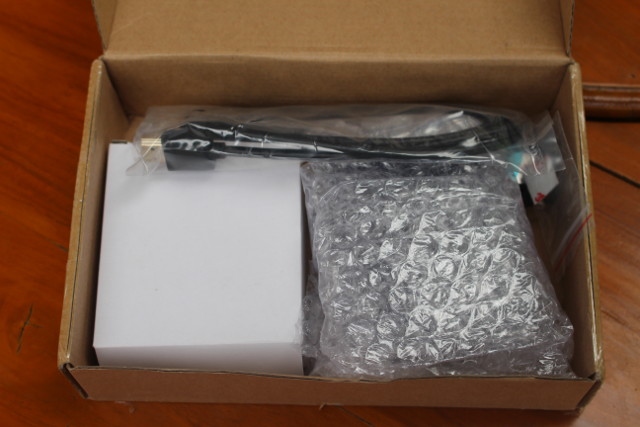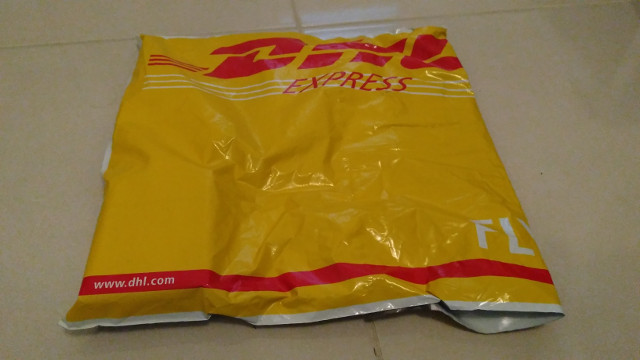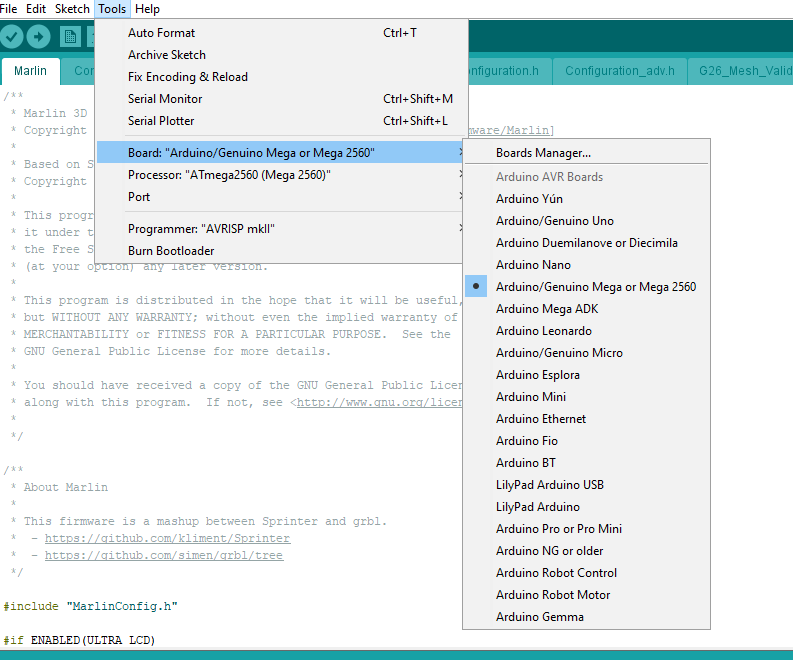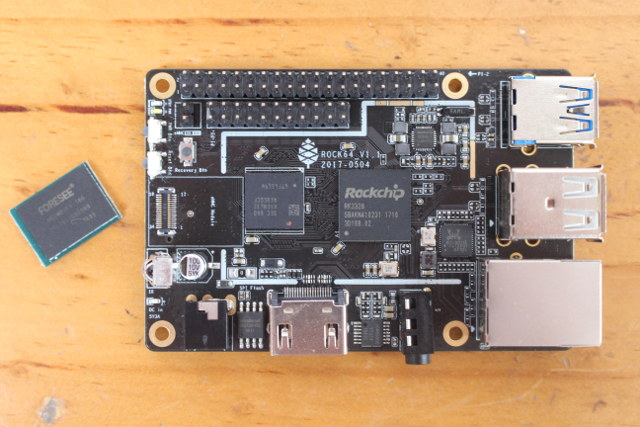FriendlyELEC NanoPi K2 is a board powered by Amlogic S905 processor, just like ODROID-C2 board, so while only the Android image was available at launch, it was expected to also support Ubuntu or other Linux distribution shortly after. This was put in doubt by comments on the company’s forums claiming the board would not get Debian images, and only Android was supported. One alternative would be Armbian, but right now they only have ODROID-C2 images for download, no other Amlogic S905 hardware platform is supported either through stable or experimental builds. One user did manage to run Armbian on K2 with balbes150 help, but I’m not sure what’s the status of those firmware. Balbes150 also have a list of image for Amlogic platform in Github, which may be adapted to most hardware by using your board’s device tree binary (DTB) file. The good news today is that FriendyELEC did not give […]
ModBerry Industrial Automation Controllers Leverage Raspberry Pi, FriendlyELEC, and AAEON Boards and Modules
TECHBASE’s ModBerry Linux based industrial controllers have been around since 2014 with their first model being ModBerry 500 powered by a Raspberry Pi compute module. Over the years, the company has kept adding new ModBerry controllers with now an interesting choice of Raspberry Pi 3 board or compute module, FriendlyELEC’s NanoPi M1 Plus board, or Intel Atom x5 based AAEON’s UP board. All programmable automation controllers (PAC) runs Linux 4.0 or greater, with Debian or Ubuntu Core rootfs including ready tools and pre-compiled packs including C/C++, JAVA, SQL, PHP, SSH, and VPN support. The firmware is upgradeable over the air, and the controllers can run the company’s iMod control software and interface with iModCloud cloud computing service for telemetry, remote control and data sharing. Typical uses include C-L-V functions with conversion to collect and transmit data over communication interfaces, logging via iModCloud or a SCADA, and visualization via a web […]
PROBOX2 AVA 4K TV Box, NAS, and HDMI IN DVR Sells with an Optional Air Mouse
We’ve recently come across several TV boxes based on Realtek RTD1295 SoC which offers not only typical 4K Android TV box features like H.265 & VP9 video playback, and HDR support, but acts like a NAS function thanks to a SATA interface and OpenWrt, and provides an HDMI input port that allows for DVR, PiP, and UDP broadcasting functions. PROBOX2 AVA is another one of those device with the hardware extremely similar to Beelink SEA I model, but with an external antenna, and a different user interface. The box can also ship with an optional Remote+ air mouse, which could allow you to turn on the device without using the IR remote control (TBC), as I have to do with other boxes. PROBOX2 AVA specifications: SoC – Realtek RTD1295DD quad core ARM Cortex-A53 processor @ 1.4 GHz with ARM Mali-T820MP3 GPU System Memory – 2 GB DDR4 Storage – 16 […]
MeLE PCG35 Apo mini PC is Powered by Intel Celeron J3455 “Desktop” Processor, Supports 2.5″ SATA Drives
Many Apollo Lake mini PCs have come to market recently, but most of those are based on N-series such as Celeron N3450 or Pentium N4200, which are normally designed for what the company’s refer to as “Mobile” devices referring to regular or 2-in-1 hybrid laptops, while the company also offer J-Series specifically designed for Desktop application with a higher TDP and CPU and GPU clocks. I’ve just completed my review of MeLE PCG03 Apo mini PC based on Celeron N3450 processor, but MeLE is about to launch a similarly spec’d PCG35 Apo model with a faster Celeron J3455 desktop processor instead, and support for 2.5″ SATA drives. MeLE PCG03 Apo specifications (bold highlights show differences with PCG03 Apo): SoC – Intel Celeron J3455 quad core “Apollo Lake” processor @ 1.50 / 2.30 GHz with a 12 EU Intel HD Graphics 500 @ 250/750 MHz (10W TDP) System Memory – 4GB […]
Le Potato Development Board Review – Part 1: Hardware and Accessories
Libre Computer launched AML-S905X-CC “Le Potato” board on Kickstarter last month, and since then there have been some updates such as worldwide shipping, so the board will now ship to most countries, not only in Europe or the US, and various designs of the case have been proposed. You can check the updates on Kickstarter for details. Libre Computer Le Potato Kit Unboxing The company also sent me a Le Potato board, but not only, as I received a complete kit… … similar to the $99 “2GB eMMC kit” reward on KS with a board with 2GB RAM, a 64GB eMMC flash module, a HDMI cable, and a 5V/2.5A power supply with on/off switch, but a different case, cooling fan, and corresponding rubber pad and screws. The case exposes all external ports, and has holes on top for the fan. The other side includes the micro SD slot, plenty of […]
Getting Started with MediaTek X20 Android Development Board
Thanks to CNX for helping me get a hand on the 96Boards compliant Mediatek X20 board that was generously donated by Seeed Studio. In this article, I will walk through the steps to get the board up and running and also compile Android from the source code. The current Android is version 6. Unboxing the Beast First Boot Up The board boots up from the eMMC, and the first time you boot up you will get Android screen as shown in Figure-9. This is the default Android image from the factory, which surprisingly looks like it was setup for a phone screen mode, which is not sufficient for a HDMI monitor. It would be better to install the images that are made available at Linaro website or build your own. See the other section to flash the board with different images. Switching to Fastboot Mode Flashing image files are done […]
Tevo Tarantula 3D Printer’s Large Dual Extruder Auto Bed Level Sensor Firmware Upgrade
What a title. Just a quick update on the Tevo I am reviewing. I didn’t want to upgrade the firmware, but I read so many posts on Facebook about it I took the plunge. I didn’t like was the firmware that came with it. It only did a 3 point level, and seemed to go outside the build plate dimensions. The first 2 printers I have reviewed were Marlin, so it was what I am most familiar with. I used Jim Brown’s Marlin fork as a base. It was missing dual extruder and auto level sensor in the pre-configured profiles. It took a while, but I was able to add the extra features. The auto bed level sensor connects to where the normal Z end stop sensor is connected. I would like to warn you to warm your bed for 5 minutes for the best reproducible results. I tested several […]
ROCK64 Board Review – Part 1: eMMC Flash Module, Android 7.1 Firmware, Benchmarks, and Kodi
ROCK64 is the second ARM Linux development board by Pine64 that is based on Rockchip RK3328 processor, instead of Allwinner 64 for Pine A64 board, and while both processors comes with four Cortex A53 cores, the Rockchip processor offers a faster GPU, 4K @ 60 Hz video support, as well as USB 3.0 support. I’ve got a sample with an eMMC flash module, and I’m going to test it first with Android 7.1, since those were the only firmware images currently available on the Wiki, but Linux will be available before the board ships publicly at the end of July. Rock64 Linux Ports Status There are now at least three Linux ports in progress: ayufan’s Debian Jessie and Ubuntu Xenial images which are now in pre-release, but should officially be released next week. Arch Linux ARM with no pre-built Rock64 images yet Fedora 25 minimal Image The Yocto Project support […]


